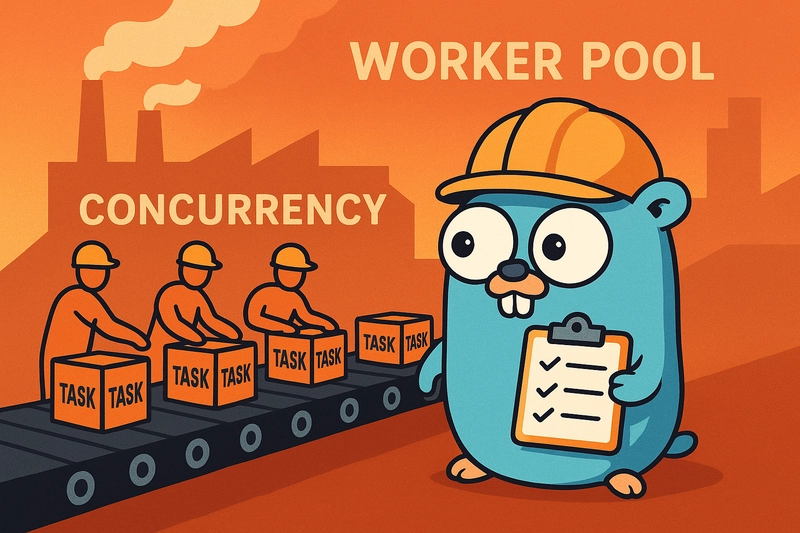Fewer layers, more integrity
Web development has become fragmented — endless frameworks, build tools, libraries, runtimes, and hosting options. Now the trend is reversing: full-stack frameworks like Next.js, Remix, SvelteKit, Nuxt, and Astro merge frontend, backend, routing, and deployment. Serverless platforms (Vercel, Cloudflare, Supabase) integrate runtime, hosting, and data, while edge runtimes and isomorphic JS let the same code run client/server.
Tooling becomes invisible
Zero-config is the future: no manual webpack, Babel, or ESLint. Tools like Vite, Bun, and Deno auto-optimize builds; platforms like Vercel and Netlify deploy on Git push; AI tools (GitHub Copilot, ChatGPT) assist or auto-generate interfaces and APIs.
Design + code converge
Boundaries dissolve: Figma-to-code plugins, Tailwind, design tokens, and component ecosystems (React, Web Components, shadcn/ui) standardize and unify UI patterns. Soon, a common declarative language may generate both UI and logic.
AI as the connective tissue
Instead of wiring APIs manually, you’ll describe data and interactions in plain language. AI scaffolds, connects, and maintains everything. Coders won’t disappear — they’ll focus on UX, logic, and business rules.
Likely next 5–8 yrs
Expect a unified meta-framework, built-in AI scaffolding, a universal runtime (WASM + edge functions), and integrated persistent data. Essentially: describe your app, get an instantly deployable full-stack experience.
What are your thoughts on such “prophecy”?
Read an extended article -> here.



